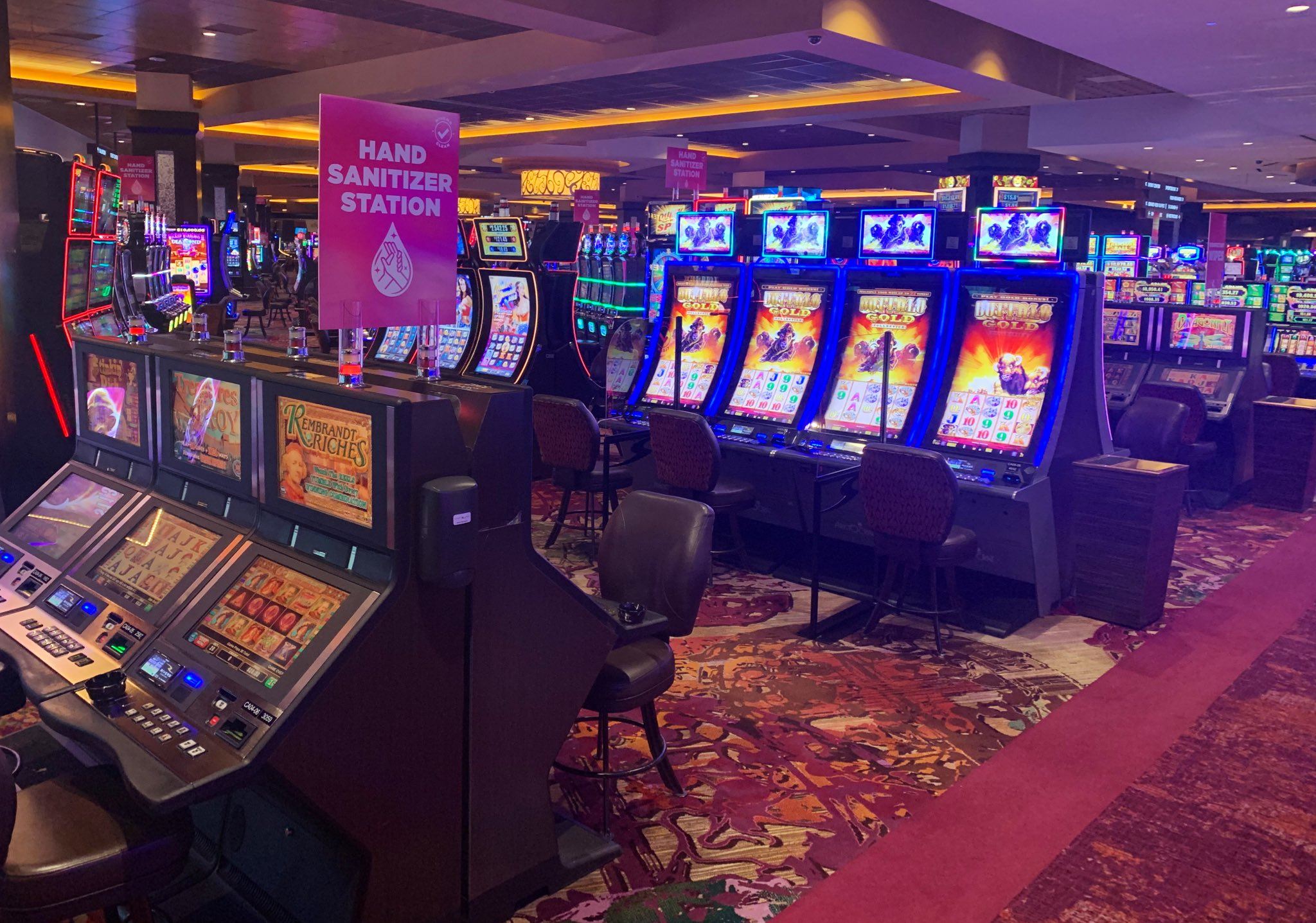
Casino games have long been a captivating form of entertainment, drawing millions of players from varied cultures around the globe. From the lively casinos of Vegas to the thriving gambling halls of the Cotai Strip, these games serve as a bridge that brings together people across different backgrounds. The allure of fortune, tactics, and uncertainty entices not only those hoping to gamble for profit but also those in search of a sense of community.
The significance of casino games extends well beyond the gaming floor. They often embody the values and principles of the societies in which they thrive. Games such as Texas hold ’em, 21, and the spinning wheel have embedded themselves into the mosaic of cultural phenomena, influencing various aspects from cinema to style. As we explore this fascinating intersection of chance and life, we can better understand how casino games shape and are affected by the environment surrounding us.
Historical Development of Casino Games
The beginnings of casino activities can be traced back to ancient civilizations, where gambling in different forms was extensively performed. casino sicuri non AAMS In the East, around 2300 BC, a type of gambling known as Keno was popular, while in historic Rome, soldiers would often gamble on the consequences of their games. The idea of using randomness for fun and income developed over the years, leading to the formation of more structured games. By the end of the Middle Ages, betting houses initiated to emerge in the continent, particularly in Italy, which brought forth early incarnations of popular games still practiced today.
As gambling increased fame in European regions, the 17th and 18th centuries saw the rise of casinos as exclusive venues for gambling. The initial official gaming venue, the Ridotto, was set up in Venice in 1638, featuring activities like Baccarat games and the game Faro. This period marked a significant shifting point, as casinos commenced to attract not just the elite but also the burgeoning middle class. The refinement of activities grew, leading to the introduction of new regulations and variations that enhanced the experience of players.
In the 19th century, the industrial age and transformations in societal norms also changed the terrain of gaming activities. The introduction of roulette and contemporary slot machines attracted a more diverse crowd, and gambling establishments became seen as legitimate forms of fun. This period witnessed the worldwide proliferation of gambling, as gambling houses spread from European nations to the New World, culminating in the creation of the famous Las Vegas Strip in the 1900s. The development of gambling activities has persisted into the current era, including new technologies and online services, rendering them accessible to a universal audience.
# Cultural Importance in Diverse Communities
Casino activities have deep-rooted cultural value across numerous communities around the globe. For instance, in Las Vegas, the very core of the city is woven around gambling establishments, where gaming is not just a hobby but a fundamental aspect of leisure and community interaction. The dazzling lights and dynamic atmosphere attract millions, showcasing how games of chance can shape local economical structures and cultural identities. This environment transforms the notion of relaxation into an engaging event that shapes apparel, music, and even film.
On the other hand, some societies treat gambling with more caution, seeing it through the lens of ethical considerations and tradition. A case in point, in numerous Asian societies, games like Mahjongg and Pai Gow are rich with history and have significant social relevance. These games are often played during get-togethers and occasions, fostering community bonds and solidifying family ties. The act of engaging in these games goes above mere leisure, reflecting ethics such as honoring elders and the importance of communal fun.
Meanwhile, in European countries such as the principality of Monaco and Italy, gambling activities serve as symbols of opulence and refinement. The refined atmosphere of these locations attracts both travelers and native inhabitants, reinforcing a sense of prestige and exclusivity. The art of Texas Hold’em and the tactical components of games like banker’s game are esteemed, influencing social dynamics and cultivating an allure that captivates a heterogeneous audience. This emphasizes how casino games can simultaneously mirror and shape societal views towards risk, gain, and community interaction.
Economic Impact and Tourism
Gambling activities play a crucial role in the economic landscape of many regions, particularly those that rely heavily on visitor traffic. The revenue produced from gambling establishments fuels local economies, creating employment opportunities not only within the casinos themselves but also in related sectors such as hotel management, restaurant services, and entertainment. This surge of tourists, drawn by the allure of gambling and the overall casino experience, stimulates spending across multiple businesses, contributing to the economic vitality of the region.
The existence of casinos often leads to the construction of facilities, including hotels, transportation systems, and leisure amenities. These developments are essential in improving the overall tourist experience, making destinations more attractive to tourists. Additionally, many casinos contribute in local communities through support of activities and philanthropic initiatives, further embedding themselves into the community structure of the locality. Such contribution not only supports economic growth but also cultivates a positive image of the casino industry.
In addition, the worldwide appeal of casino games drives competitive tourism, with regions vying to attract players from across the globe. Iconic destinations like Las Vegas and Macau have become synonymous with gambling culture, drawing millions annually. This advantage encourages innovation and diversification within the gaming industry, influencing trends in leisure and hospitality that extend beyond their borders. The consequences of this tourism extend far, impacting local economies and cultural interactions on a worldwide scale.